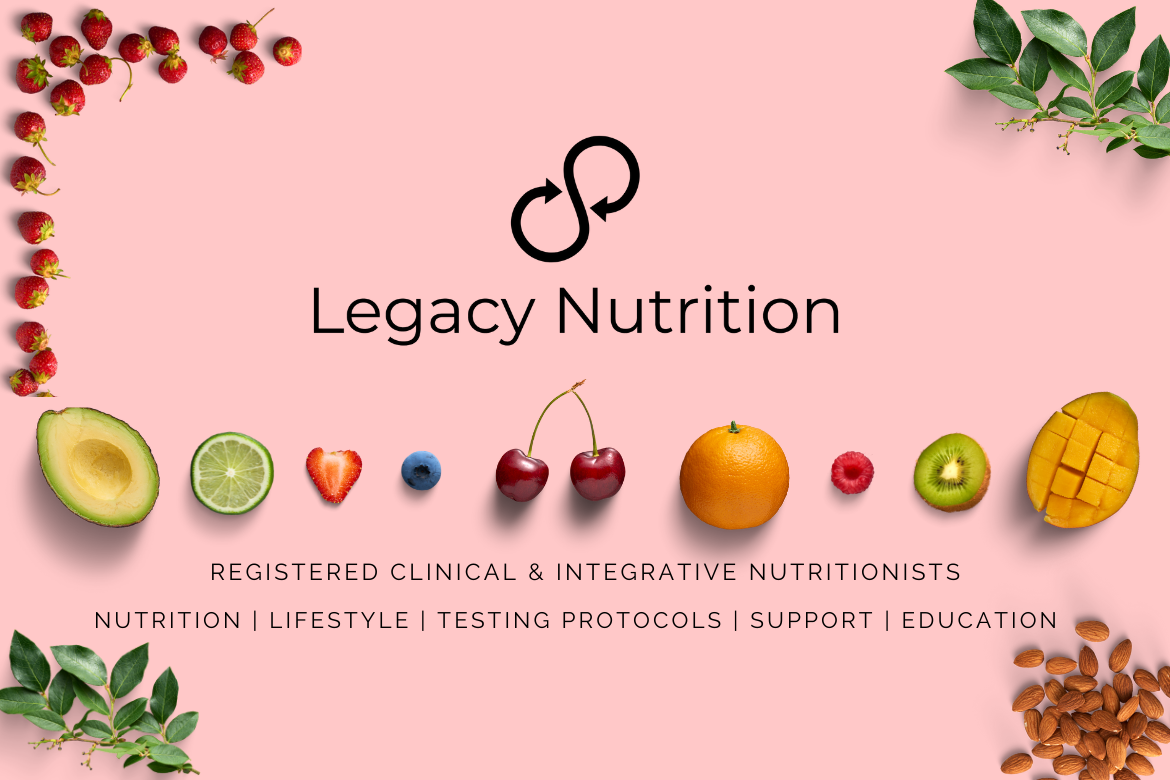FERMENTED FOODS/PROBIOTICS
Probiotics containing foods help to feed and seed our gut with a healthy balance of bacteria, which is responsible for a healthy immune system, stable mood, metabolism, clearance of hormones, i.e. estrogen, and the digestion of food. While all these are important for a healthy pregnancy, bacteria are now known to be present in the placenta and are passed onto the baby. The health of the mother’s microbiome (gut) largely influences the health of the baby and her/his gut health. A healthy gut in infants prevents obesity, food allergies, and promotes a strong immune system and skin health. If you choose to breastfeed, probiotics/bacteria will then be passed to your baby through your milk – amazing right!? Consume foods like full fat yoghurt (dairy and plant based), sauerkraut, kombucha, kefir, sourdough products, kimchi, and probiotic supplements of 30 billion CFUs or more of both lactobacillus and Bifidum strains. By implementing a plant-rich diet, you will be naturally feeding this colony of bacteria with its favourite food, prebiotics AKA fibre.

LEAFY GREENS
An emphasis should be put on consuming leafy greens in pregnancy such as kale, silverbeet/swiss chard, lettuces, spinach, rocket, etc. Aim for around 3-4 heaped cups a day. Leafy greens are rich in many vitamins, minerals, and antioxidants but in particular vitamin B9/ folate. Folate is necessary for many processes, but for pregnancy in particular it is needed to prevent neural tube defects. Leafy greens also contain Vitamin K1 needed for normal blood clotting, and are rich in Vitamin B6 and magnesium which can both help to ease morning sickness. Pair your greens with healthy fats such as olive oil, pure butter, avocado, fatty cuts of meat, and nuts & seeds. It is best to eat a range of raw and cooked greens for optimal nutrient absorption. If you have digestive issues, thyroid problems and nutrient deficiencies, it is best to speak with a qualified nutritionist or dietician about how leafy greens may exacerbate your condition.
BONE BROTH
Bone broth is one of the best foods you can consume in pregnancy. Rich in collagen/protein, healthy fat, and a source of minerals, you can’t go wrong! Bone broth is rich in an amino acid called L-glutamine that nourishes and maintains the integrity of the cells that make up the intestinal wall. When the integrity of your gut cells are compromised, you may experience inflammation, digestive issues, and problems digesting food and absorbing nutrients. Enjoy a cup a day throughout pregnancy to promote a healthy gut. Organic powdered forms are great for your convenience!

IODINE RICH FOODS
Iodine rich foods are crucial to support a healthy pregnancy and development of the baby. Iodine is needed to create thyroid hormones which then travel to cells in your body and are responsible for your metabolism. In early pregnancy, the baby solely relies on the mother’s production of thyroid hormone for his/her development. We require 220 mcg during pregnancy and 290 mcg when breastfeeding. The best and most bioavailable source of iodine is from seaweed products like kelp, nori, and dulse flakes. It is very important that you do not consume excessive iodine as it may cause postpartum thyroiditis and other thyroid conditions. Stick to the guidelines, and consume iodine-rich foods alongside selenium rich foods like brazil nuts (3-4 nuts will give you around 160 mcg of selenium) as these two minerals work together to promote thyroid health.
If all this information sounds a tad overwhelming to you and in the “too hard basket”, don’t stress! Start incorporating each food slowly at your own pace. All you can do is your best and that may look different on a daily basis, especially with nausea, fatigue, and morning sickness in the mix! Follow your intuition, work with your energy, and incorporate this advice when it feels right for you. You got this Mumma.
Disclaimer: This information is not intended to replace medical advice. We always recommend discussing any changes to your diet with your primary healthcare provider. References for any claims made in this article are available at request.
For more information on how you can work with Kayla and the team at Legacy nutrition please visit www.legacynutrition.co.nz and follow them on Instagram and Facebook.










